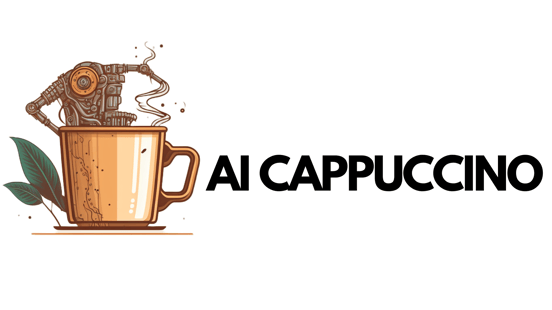Exploring the Limitless Possibilities of GPT-4 that ChatGPT Couldn't Achieve
Dive into the exciting possibilities of GPT-4, exploring its potential beyond what even ChatGPT can currently achieve.
LATESTCHATBOT
Syed Daniyal
3/18/20234 min read


In recent years, artificial intelligence has made significant progress, especially in the field of natural language processing. The General Language Processing Technology (GPT) is one of the most promising advancements in this area. The technology uses deep neural networks to understand and generate human-like language, and it has already demonstrated its capabilities in various applications. However, despite the impressive feats achieved by GPT-3, the latest version of the technology, there are still limitations that prevent it from achieving its full potential. That's where GPT-4 comes in. In this article, we'll explore some of the exciting ways in which GPT-4 could revolutionize the way we communicate with machines and why it's a game-changer for platforms like ChatGPT.
